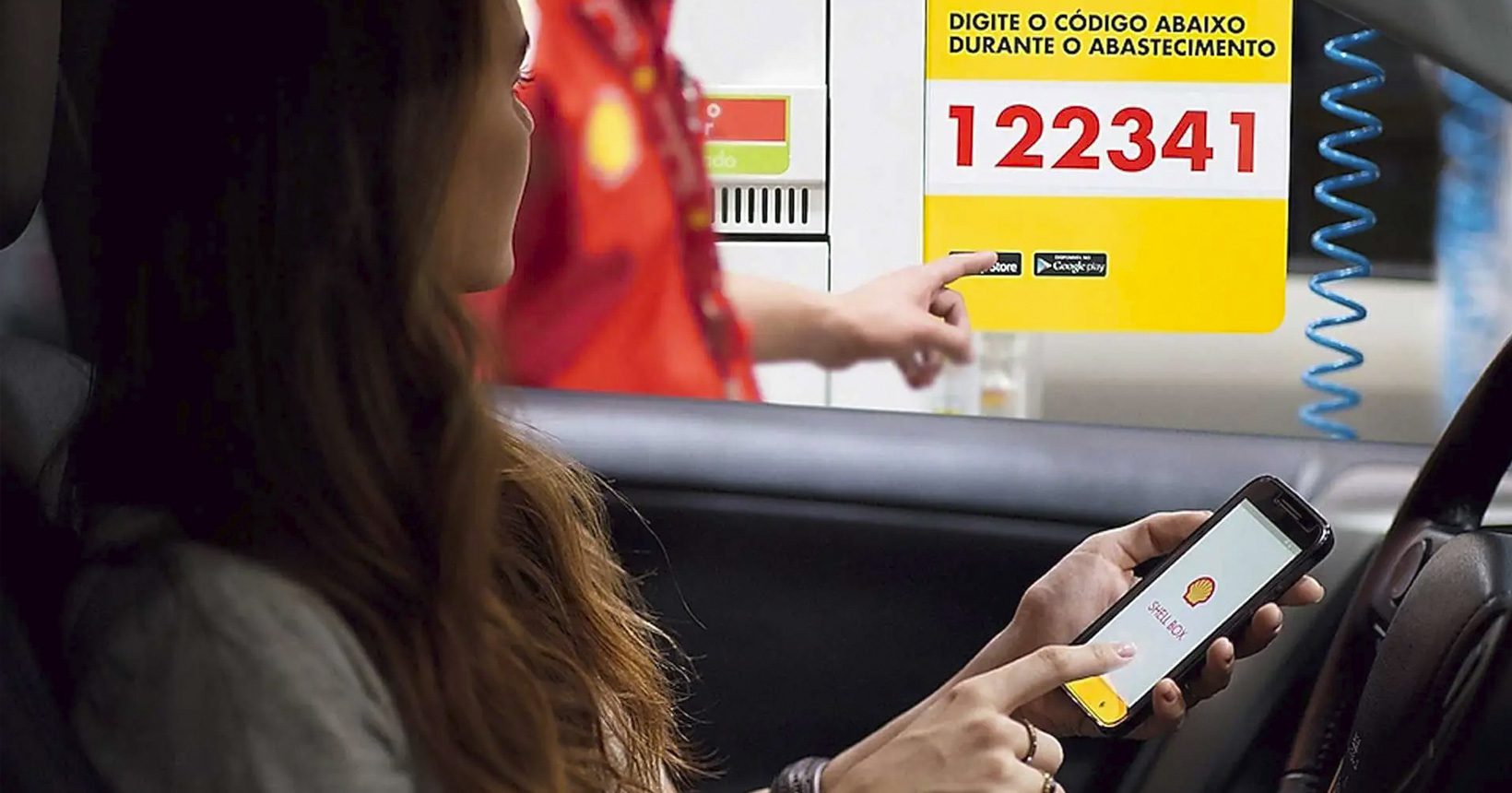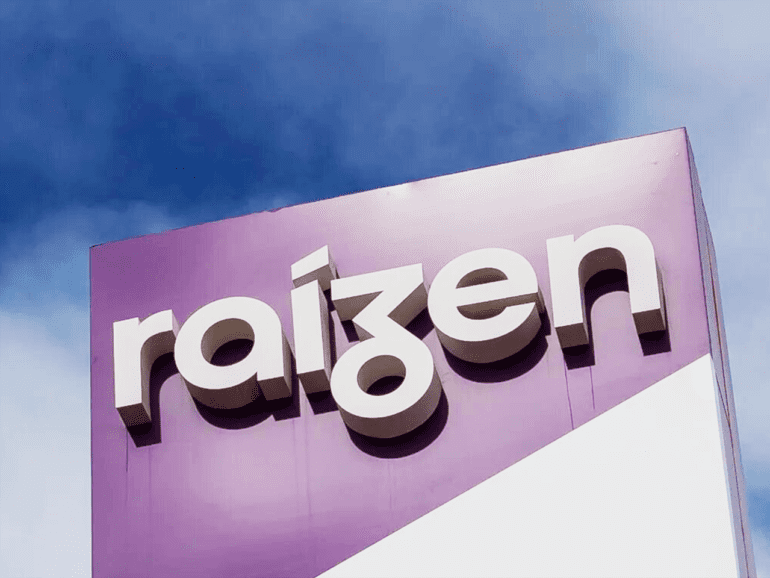Raízen, the third-largest energy company in Brazil, announced the creation of the Raízen Financial Services Unit through the acquisition of Payly, a payment fintech previously controlled by Cosan, for R$78 million.
According to Raízen, the acquisition of Payly represents the first step in developing this payments unit — and a new source of revenue. The fintech already provided the group with financial services by being a relevant part of the mobile application Shell Box, used to pay for fuel at the brand’s gas stations.
Payly already operates regularly as a payment institution, according to the regulations of the Central Bank of Brazil.
Payly’s potential lies in its technology
For Raízen, the leveraging of fintech technology will be a way to offer convenience and build customer and partner loyalty through commercial channels and platforms, data intelligence, and third-party fundraising.
“The company’s ecosystem currently consists of a potential sales volume of more than R$200 billion (about $37 billion) considering the company’s total revenues, serving more than 8,000 retailer stations, 5,000 B2B [corporate] customers, 50 million end customers, 17,000 customers in the electric power segment, 1,500 proximity, and convenience establishments, suppliers and business partners in the sugar and ethanol sector,” said Raízen in a public statement.
Related:
The acquisition of Payly is subject to approval by the Administrative Council for Economic Defense (Cade), a common regulatory step in Brazil for this type of operation.
Payly was founded four years ago by Cosan in partnership with the Topazio bank. At the time, the holding company’s goal was to build a digital wallet that could compete with fintechs, such as PicPay and AME, from local retailer Lojas Americanas.
Low-cost digital payments
Alipay and WeChat inspired the virtual wallet for QR Code payments and transfers via cell phone. The fintech sought to reduce the cost of transactions by dispensing with banks, credit cards, and acquirers in the market.
However, the venture failed to attract customers and the poor results in recent quarters made Cosan rethink the viability of maintaining the digital wallet.
However, for Raízen, Payly’s technology was very advantageous. The company eventually became Payly’s most significant client by using its services to leverage the use of its Shell Box. This application facilitates digital gasoline payment by consumers at Shell gas stations.

Increasing business reach with financial services
Raízen works fundamentally with energy from sugarcane. The company is involved in everything from cultivation to the production and sale of sugar and ethanol, the generation of bioenergy, and the distribution of fuels through the licensing of the Shell brand.
It has about 40,000 employees and operates 35 bioenergy farms. It has an installed capacity to crush 105 million tons of sugarcane, with about 1.3 million hectares of farmland cultivated with state-of-the-art technology and fully mechanized harvesting.
Through a network of more than 7,900 Shell service stations in Brazil, Argentina and Paraguay, it serves millions of consumers daily — which opened the door to an enormous potential for gains from the junction of energy services with financial services.
Reaching more than 9 million active users, Shell Box was a success for Raízen and awakened the company’s interest in its fintech to develop its financial operations.
After Cade’s approval, which should occur in less than 30 days, Raízen plans to scale up its plans to create new financial services. The company’s goal is to make Payly a credit originator and an auxiliary arm in the transactions of funds that finance the operations of the holding company’s subsidiaries.


